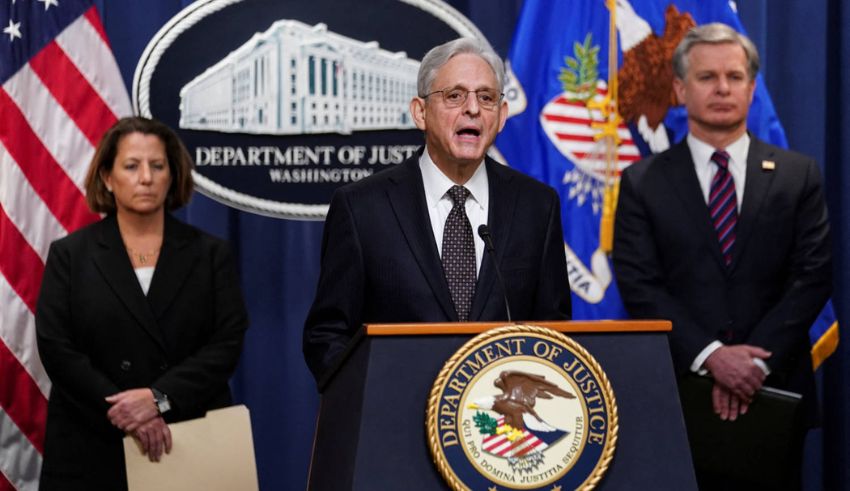
The US government has recently experienced a significant cyberattack, raising concerns about the vulnerability of critical infrastructure and the growing threat of cyber warfare. The attack, which targeted multiple government agencies, underscores the urgent need for enhanced cybersecurity measures and increased collaboration to safeguard national security and protect sensitive information.
The cyberattack on the US government has been characterized as a highly sophisticated operation, indicating the increasing capabilities and determination of malicious actors. The attack targeted government networks, potentially compromising sensitive data and systems. This incident serves as a stark reminder of the persistent and evolving threats faced by governments and organizations in the digital age.
The breach of government networks raises serious concerns about national security. The potential access gained by threat actors could compromise classified information, disrupt critical services, and undermine public trust in government systems. The incident highlights the need for robust cybersecurity measures to protect vital infrastructure and ensure the integrity of government operations.
Heightened Cybersecurity Measures
The cyberattack has prompted a renewed focus on cybersecurity and the need for comprehensive measures to defend against such threats. Government agencies and cybersecurity experts are working together to identify vulnerabilities, enhance network defenses, and strengthen incident response capabilities. Investments in advanced technologies, threat intelligence, and workforce training are essential to mitigate future risks.
The attack serves as a call for greater collaboration and information sharing among government agencies, private sector partners, and international allies. Cybersecurity is a global challenge that requires collective efforts to address effectively. Sharing insights, best practices, and threat intelligence can bolster defenses and enable a coordinated response against cyber threats.
The cyberattack on the US government highlights the critical importance of protecting key infrastructure sectors, such as energy, transportation, and communication networks. Securing these vital systems is crucial to ensure the continuity of essential services and maintain societal functions. Strengthening public-private partnerships and implementing robust cybersecurity protocols can help safeguard critical infrastructure from future attacks.
Related Posts
The incident underscores the ever-changing nature of cyber threats and the need for proactive defense strategies. As technology advances, so do the tactics and techniques employed by threat actors. Continuous monitoring, threat hunting, and adaptive cybersecurity measures are essential to stay ahead of adversaries and mitigate risks in an evolving threat landscape.
Building resilience and establishing effective incident response plans are vital components of cybersecurity strategies. In the face of a cyberattack, the ability to swiftly detect, contain, and recover from breaches is crucial. Regular testing, incident simulations, and robust backup systems can help minimize the impact of cyber incidents and facilitate rapid recovery.
The cyberattack serves as a wake-up call for individuals and organizations to prioritize cybersecurity practices. Promoting public awareness and providing education on cybersecurity best practices can empower individuals to protect their personal information, recognize phishing attempts, and report suspicious activities. A proactive and informed public plays a crucial role in collective defense against cyber threats.
The cyberattack on the US government highlights the urgency of strengthening cybersecurity measures and fostering collaboration to defend against evolving threats. This incident serves as a reminder that cyber warfare is a significant national security concern. By investing in advanced technologies, enhancing information sharing, protecting critical infrastructure, and fostering public awareness, governments and organizations can fortify their defenses and effectively respond to the evolving cyber landscape.



























